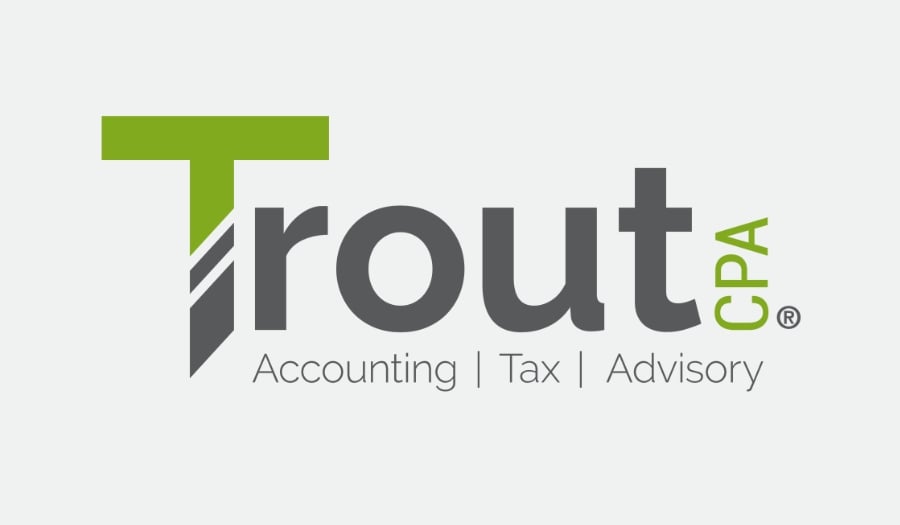Written by Travis Oot, CPA, and Brady Lausch, CPA
The 2025 tax legislation introduces permanent and expanded tax rules that directly impact family-owned funeral homes, crematory businesses, and regional operators. From fluctuations in capital equipment depreciation to updates in income deduction rules, these changes introduce potential savings but also new planning responsibilities. Here’s what funeral professionals need to know.
Key Takeaways
- Bonus depreciation for capital improvements is permanently restored.
- Section 179 expensing limits are increased to support small businesses.
- Interest expense and business loss limitations are now permanent.
- Charitable deductions for itemizers and non-itemizers revised.
- The Qualified Business Income (QBI) deduction is permanent.
- The “No Tax on Overtime” provision was implemented.
1. Permanent 100% Bonus Depreciation
What Changed:
Businesses can now permanently deduct 100% of qualified capital purchases, such as crematory equipment, hearses, and facility improvements, placed in service after January 19, 2025.
Planning Tip:
Plan major facility upgrades or vehicle replacements now; Deducting these costs in the year of purchase improves cash flow and reduces your tax burden.
2. Expanded Section 179 Expensing
What Changed:
The Section 179 deduction cap has increased from $1.22 million to $2.5 million, with a phase-out threshold beginning at $4 million.
Planning Tip:
Use Section 179 to expense business management software, HVAC upgrades, or prep room improvements. This provision benefits businesses making consistent annual investments under the phase-out threshold.
3. Interest Deduction Rebased to EBITDA
What Changed:
The interest deduction limit now applies to 30% of EBITDA rather than EBIT, allowing for more generous deductions on debt-financed investments.
Planning Tip:
If you’re expanding or refinancing a facility, this change supports increased interest deductions. Work with your advisor to ensure loan structures take full advantage of this favorable calculation.
4. Excess Business Loss (EBL) Rule Made Permanent
What Changed:
The EBL rule, which limits deductions for losses exceeding certain thresholds, is now permanent. Disallowed losses are converted to Net Operating Losses (NOLs) for future use.
Planning Tip:
For funeral homes experiencing variable cash flow or seasonality, forecast future income and loss timing to align with these limitations and maximize long-term deductions.
5. Charitable Deduction Adjustments
What Changed:
A new above-the-line charitable deduction is now available: $1,000 for individuals and $2,000 for couples. Itemized deductions for higher earners are subject to a 0.5% floor and a 35% cap on total benefit.
Planning Tip:
As a community-facing business, charitable giving is often a part of your brand. You can use structured giving vehicles and donor-advised funds to maintain deduction value under these new rules.
6. Permanent Qualified Business Income (QBI) Deduction
What Changed:
Business owners can now permanently deduct 20% of qualified business income from eligible pass-through entities. Previously scheduled to expire in 2025, the new tax law made this deduction permanent.
Planning Tip:
While this is not a new item, the QBI deduction can have a significant impact on reducing tax liability for business owners. The extension of this provision can help to manage the tax burden and keep more cash in your pocket.
7. No Tax on Overtime
What Changed:
Non-exempt employees can take a temporary above-the-line deduction for qualified overtime compensation, allowing employees to deduct up to $12,500 ($25,000 for joint filers) of qualified overtime pay from taxable income for tax years 2025 through 2028.
Planning Tip:
Reach out to your payroll provider about additional reporting requirements. Employers are required to file information returns (W-2 and 1099s) with the IRS (or SSA) and furnish statements to taxpayers showing the total amount of qualified overtime compensation paid during the year.
Conclusion
The 2025 tax legislation presents significant opportunities for funeral homes and crematories to improve tax efficiency through thoughtful planning and timely investments. With expanded expensing and financing flexibility, now is the time to modernize, expand, or retool operations.
For personalized guidance on how these updates apply to your business, visit our Contact Us page. Our professionals are here to support your financial planning and ensure compliance under the new tax law.
About the Author
Travis Oot, CPA
Travis joined Trout CPA in 2015 after earning a Bachelor of Science degree in Accounting from York College of Pennsylvania (cum laude). As a Senior Manager, Travis is actively involved in the firm's Professional Services, Consumer Services, and Transaction Advisory Services groups. He assists clients with tax preparation, mergers and acquisitions, and business consulting. Travis is a board member for Leadership Lancaster and has served on the board of The Common Wheel, a cycling advocacy group, and the Young Professionals Network advisory committee.
Brady Lausch, CPA
Brady joined Trout CPA in August of 2022. He graduated from Grove City College with a Bachelor of Science in Accounting and a Bachelor of Science in Finance. As a Senior Associate, Brady handles various aspects of tax preparation for individuals and corporations.






